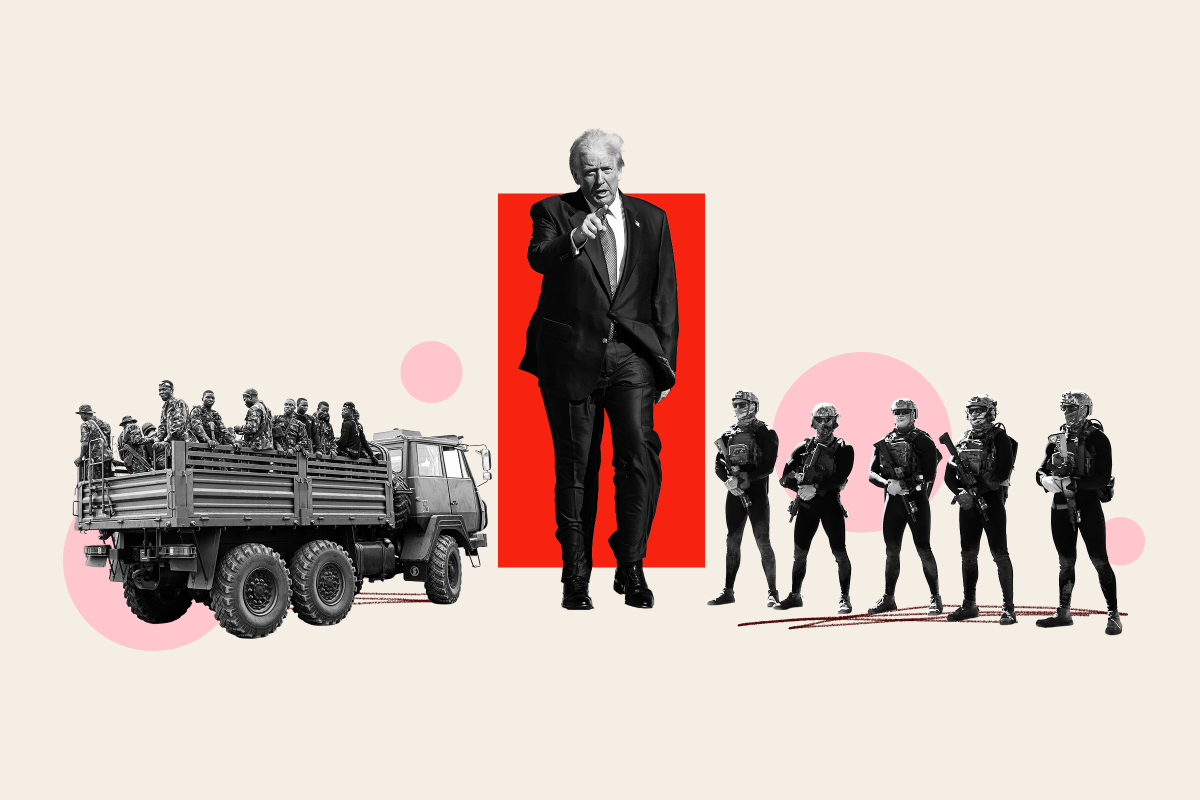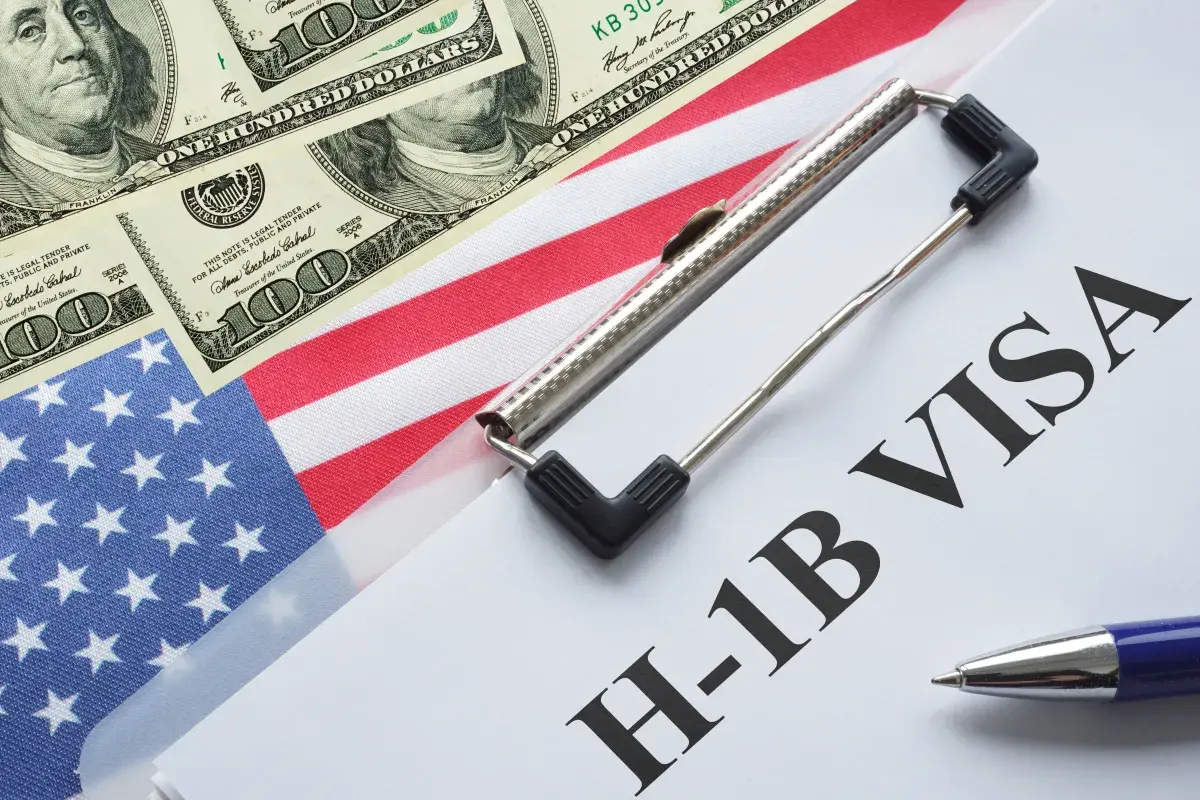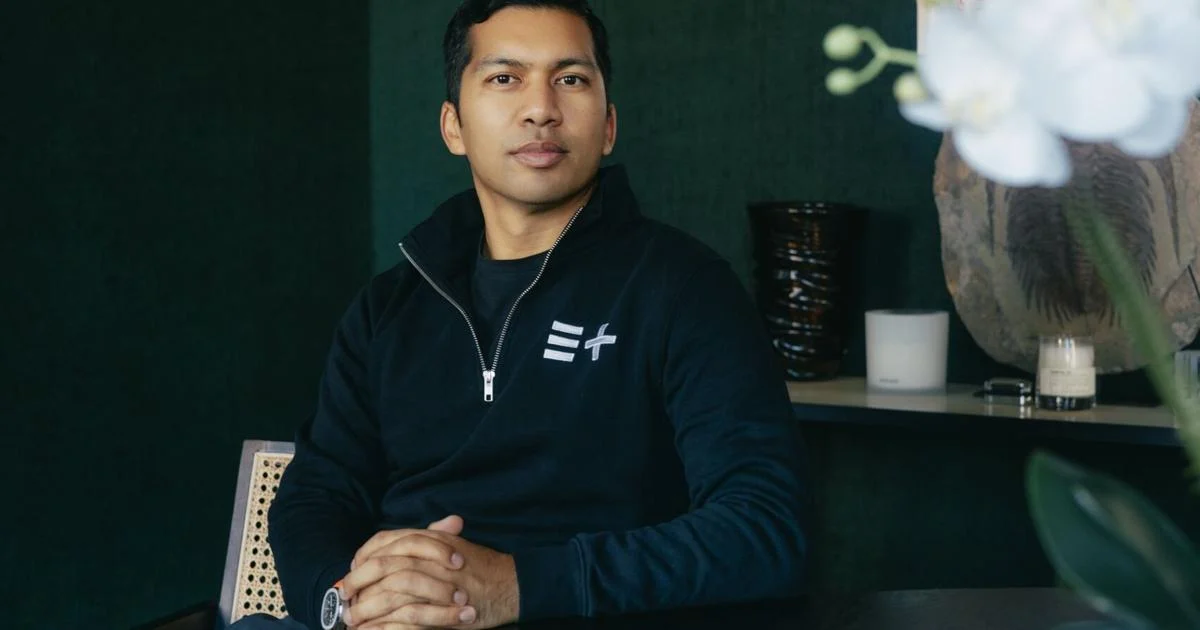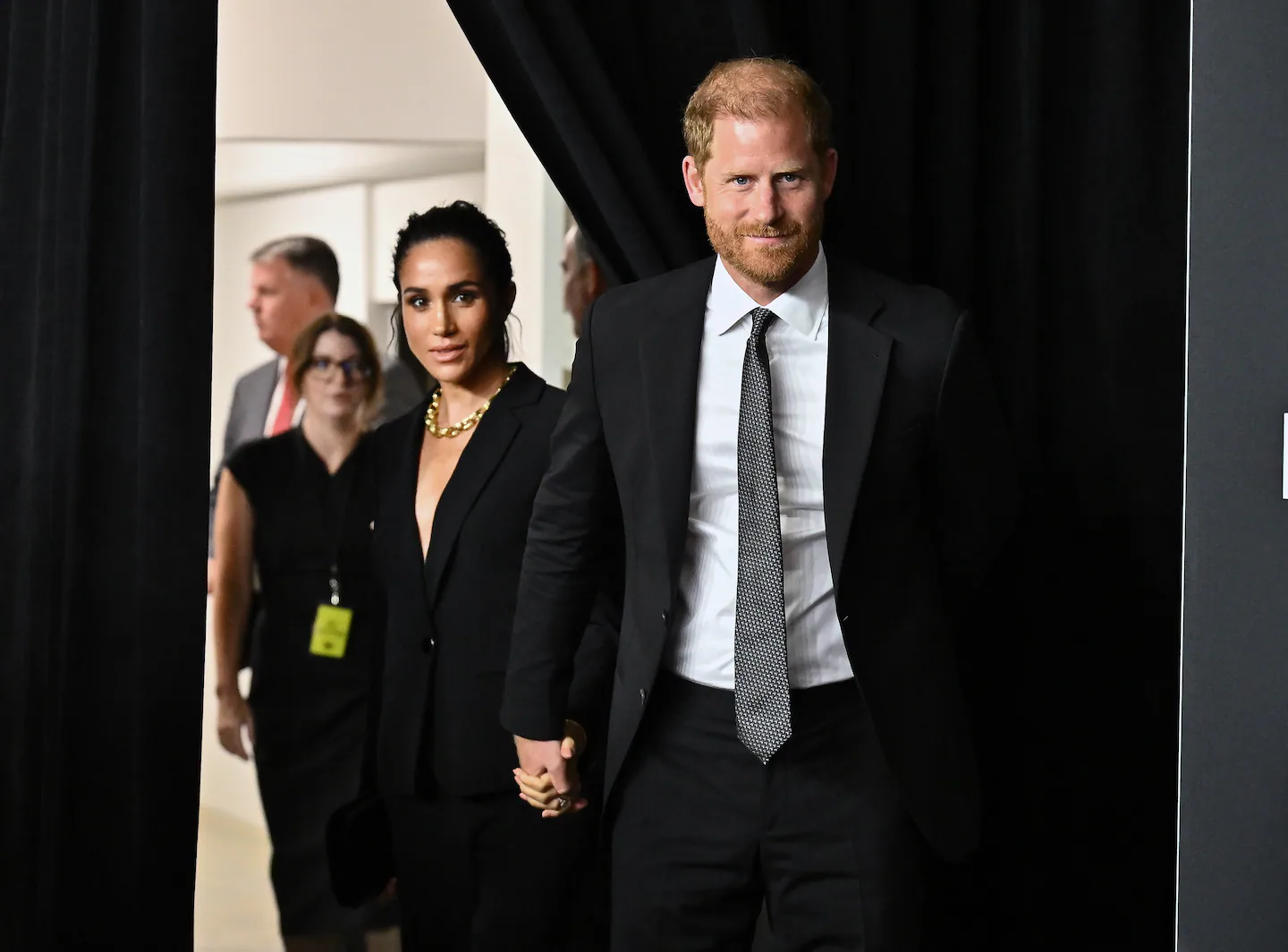Copyright Newsweek

U.S. President Donald Trump's military threats against Islamist militant groups operating in Nigeria have amplified global attention toward the plight faced by Christians in the northeast of Africa's most populous nation. Yet even among a number of Christians seeking to raise awareness and intensify efforts to put an end to systematic abuses committed by Boko Haram and other jihadi movements, the prospect of foreign intervention raises serious concerns. Some, such as Bishop Matthew Hassan Kukah of the Roman Catholic Diocese of Nigeria's northwestern Sokoto province, hope the rhetoric will prompt the Nigerian government to take more action to address the problem. "President Trump’s threats should be seen as a step meant to create both fear and hope. Fear for the government and hope for the Christians," Kukah told Newsweek. "However, we know that the issues are not simply black and white." "However, coming from someone of the status of President Trump, the Christians in Nigeria appreciate the concerns," Kukah said. "It is important for the Nigerian government to respond by placing short-, medium- and long-term plans towards restoring peace and ensuring that any form of discrimination against Christians is reverse immediately." Kukah argued that the White House's proposed alternative, described by Trump as a "guns a blazing" approach mounted by "fast, vicious, and sweet" U.S. military action, would prove "catastrophic and send our country on a spiral of violence," while "resolving this problem will help Nigeria to tap the huge resources it has for the welfare of its people." "The very idea of a military intervention will be totally out of step with President Trump’s plans to end wars, something he has done well," Kukah said. "I do not believe he will want to risk the prospects of a Nobel Prize which he deserves by embarking on a military solution in Nigeria or elsewhere." A U.S. State Department spokesperson told Newsweek that "President Trump has underscored that the United States stands ready, willing, and able to act," and cited Secretary of State Marco Rubio in saying that "the ongoing slaughter of thousands of Christians in Nigeria by radical Islamists and Fulani ethnic militias is both tragic and unacceptable.” "We encourage the Government of Nigeria to do more to protect vulnerable Christians," the spokesperson said. "We look forward to continuing our engagement with the Government of Nigeria as we work to address shared security priorities and advance regional peace and stability." 'A Corpse by Any Other Name' While the administration's comments have brought renewed international attention to the situation in Nigeria, the nation has a history of religious conflict dating back centuries. Much of this strife, including throughout the 1967-1970 civil war and subsequent clashes over the decades, has also been closely tied to feuds across ethnic and territorial lines. Today, Nigeria is the country with the largest population of Christians in Africa, the continent home to the largest number of Christians in the world. But the nation's approximately 232 million people are split near evenly between Muslims and Christians, with smaller percentages following other practices, including indigenous beliefs. The largest share of Muslims resides across the north, where Boko Haram, whose official name translates to the "Group of the People of Sunnah for Dawah and Jihad," was founded in 2002 by Sunni Islamic fundamentalist preacher Mohammed Yusuf, a staunch opponent of both Western education and Shiite Islamic teachings that also have a sizable following in Nigeria. In 2009, he led the group to a failed uprising against the government that resulted in his death and a protracted insurgency that continues to this day. The conflict has been largely concentrated in Nigeria's northeast, with frequent spillover into other provinces and across the borders of neighboring nations, particularly Cameroon, Chad and Niger. The group drew global infamy in 2014 when it abducted 276 schoolgirls, most of them Christians and many of whom remain missing among the thousands believed to have been kidnapped by the group over the years. Boko Haram has also undergone internal clashes since breaking with its short-lived pledge of allegiance to the Islamic State militant group (ISIS) in 2016, leaving one faction aligned with ISIS's West Africa Province, or ISWAP. Tens of thousands of people have been killed throughout the conflict. While casualties include both Christians and Muslims, and most Boko Haram and ISWAP operations take place in majority-Muslim areas, both groups often emphasize the targeting of Christians in their respective messaging. The Nigerian military, like the government, is a secular institution and has conducted numerous operations against Boko Haram and ISWAP—with longstanding military assistance from the U.S. However, many share the White House's concern that the Nigerian leadership is failing to meet the scope of the challenges the country faces. Kukah, an outspoken advocate of interfaith relations whose diocese is located at the former seat of the Sokoto Caliphate, one of the largest and most influential pre-colonial states in Africa, said it would be "impossible" to argue against Trump's core reasoning, as "the federal government has not been decisive in seeking an end the tragedy." As such, he asserted that "the pressure" being exerted by Washington "is important and should be sustained but in consultation with the federal government in terms of finding the tools to rout these evil men and secure our country." "The thousands of corpses, the broken communities, the destructions of lives and properties, all of these are the prima facie evidence before us," Kukah said. "To paraphrase the saying, a corpse by any other name is a corpse. These comments are important because our government must place premium in creating a society that respects human lives, secures its borders and protects its citizens." 'No One Is Safe' Chido Onumah, a prominent Nigerian journalist known for his advocacy that has at times led to spats with the government, also argued that the White House's focus should be placed on aiding the state and its armed forces rather than imposing forceful ultimatums on Nigeria, where he said "just the mention of military intervention has created a lot of tensions and fear among Nigerians." "If President Trump is interested in helping end the crisis, he should work with the Nigerian government (and military) and see the areas where they need support including capacity development, training, military equipment, etc.," Onumah told Newsweek. "Ultimately, this is a problem the Nigerian state has to deal with taking into account the geopolitical realities and needs of the country." There are also historical realities, he argued, that must be appreciated if the Trump administration were to forge an effective policy toward addressing Nigeria's security woes, at least some of which were inherited upon the end of a century of colonial rule. "The insecurity in the northeast as in much of Northern Nigeria is rooted in the faultlines that have defined Nigeria since independence, of which religion plays a prominent part," Onumah said. "Rather than view the crisis (and respond to it) as genocide targeting Christians, it should be viewed as a case of state failure where literally no one is safe from the activities of violent non state actors whether terrorists, jihadists, separatists, kidnappers, etc." Moreover, others, such as Benjamin Maiangwa, an assistant professor at Lakehead University who has written extensively on security issues in Nigeria and West Africa, warn that focusing overtly on the religious nature of the conflict poses the risk of inflaming rather than quelling intercommunal tensions. "Such statements risk inflaming tensions in a country already grappling with economic hardship, intercommunal violence, and a complex history of ethnic and religious divisions," Maiangwa told Newsweek. "Rather than promoting peace, this kind of rhetoric could deepen existing fractures and incite further unrest." "Nigeria’s sociopolitical landscape is far more intricate than the binary framing of Christian persecution suggests," he said. "While there have been long periods of violence targeting Christian communities, particularly in Southern Kaduna, these conflicts are often rooted in ethnic, political, and territorial disputes, rather than purely religious motivations. " Even Boko Haram, he argued, had "initially framed its attacks as targeting Christians, but its violence quickly expanded to include Muslims, mosques, and Islamic scholars, revealing a broader agenda of terror." "To understand Nigeria’s current dynamics, one must consider the colonial legacy of divide-and-rule tactics, which privileged dominant Muslim groups, particularly the Hausa and Fulani, over minority ethnic and so-called 'pagan' communities," Maiangwa said. "This historical imbalance continues to shape power relations and perceptions of marginalization across the country and, indeed, is implicated in decisions about who gets what when and how." 'Need for More Improvement' It's not the first time that Trump's characterizations of complex disputes in Africa have drawn criticism from those on the continent. The White House has continued to escalate its rhetoric against South Africa in accusing the country's Black-led government of oppressing the white minority. White South Africans, whose roots can be traced to settlers arriving under Dutch and British colonial rule, dominated the country through a system of racial segregation known as apartheid from 1948 until its abolishment in the early 1990s. Black South Africans—predominantly Zulu and Xhosa—have led the country ever since, with some white citizens, including farmers, alleging oppression at the hands of the state. Trump's accusations of a concerted targeting of white South Africans bear some similarities to his framing of Christians under threat from Islamists in Nigeria. And just as many have challenged the administration on its South Africa claims, Hakeem Onapajo, an assistant professor of political science and international relations at the Nile University of Nigeria, asserted that "the claim that there is a certain Christian genocide in Nigeria is not true." "I think the point has been stated many times that Boko Haram and other terrorist groups operating in the country target Nigerians indiscriminately regardless of religion or ethnicity," Onapajo told Newsweek. "There is evidence pointing to the fact that mosques and churches have been deliberately targeted by the terrorists over the years. The ideology of the groups appears to categorize anyone not subscribing to their extremist views as infidels, whether Muslims or Christians." "In fact, if we are to judge by the area of attacks and casualties of the attacks, we may argue that more Muslims have been killed so far," he said. "However, that should not be the issue now; it is about the fact that the armed groups are not necessarily targeting any particular group." Boko Haram, ISWAP and other factions operating under the banner of religion are also not the only perpetrators of violence in the country. Onapojo pointed out that the recent fighting that took place in the north of the country, preceding Trump's comments, more accurately constituted "communal clashes involving farmers and cattle herders fighting over land and grazing areas." "Unfortunately, the warring parties are clearly defined by religious identities," Onapojo said. "The farmers, who happen to be indigenes, of the area are mostly Christians, while the cattle herders—settlers—are mostly Muslims. This has given the conflict a religious coloration, and political elites have also chosen to politicize the conflict to negotiate power and other interests, which has complicated the problem." Further complicating the situation has been the introduction of additional factions to the volatile mix. The Al-Qaeda-affiliated Jama'at Nusrat ul-Islam wa al-Muslimin (JNIM), viewed as a key rival to ISIS's Sahel Province, which is also active just across the border, established a presence in Nigeria's northwest. In the south, Christian-on-Christian violence has placed pressure on society and security forces as well. And though Onapojo asserted that Trump's depictions failed to encapsulate the many moving parts and factors that make up Nigeria's present battle, he identified a potential silver lining in the U.S. leader's sudden tough turn on the issue. "I think President Trump’s statement would stimulate the Nigerian government to work harder and hit the terror groups in their hideouts, Onapojo said. "It is interesting to note that significant progress was recorded a few days after the threat of military action." "It is good that the U.S. government has raised awareness about the security situation in Nigeria. However, outright involvement of the American government by invading Nigeria should be condemned," he added. "Recent history has shown that American or foreign involvement in fighting the terrorists would be counter-productive and only escalate the problem in significant proportion. What Nigeria needs is more support from the world powers including the United States to fight the group."



